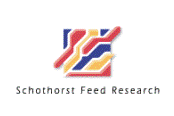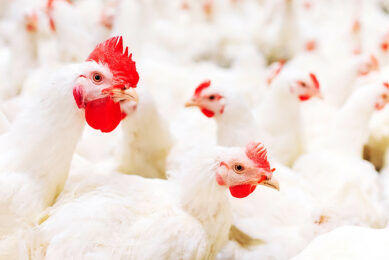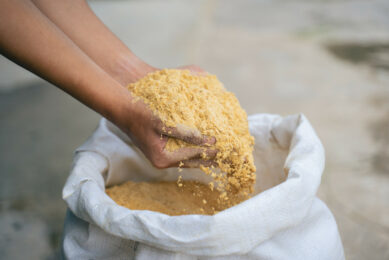Schothorst Feed Research: 75 years of knowledge

Schothorst Feed Research in the Netherlands celebrated its 75th anniversary with an inspiring two day event held 12 and 13 May.
Piet van der Aar, Director of Research at Schothorst opened the event by addressing that the current crisis is nothing new. He mentioned that 75 years ago, the agricultural sector experienced a crisis in the form of overproduction, lack of knowledge and bad feed efficiency. Not all vitamins had been discovered yet and also some essential amino acids were not known. At that time, Schothorst was established to fill the gap of the lack of nutritional knowledge. Until now, the institute has carried out a number of fundamental and practical research studies of which some of them were presented during the symposium.
Revision of feed rules
Willem Penning, head of feed at the Directorate Animal Health and Welfare at the European Commission (EC) gave a clear update on the current feed legislation issues. He addressed the re-evaluation of the feed additive rules in 2010, and that the EC has just started the revision process. He called for the need that it must be fully clear what a feed additive and a drug is. Also pet food should be included in the current animal feed rules he said.
Dairy rollercoaster
Torsten Hemmen, chairman of the International Farm Comparison Network (IFCN) gave an insight in the current market situation of the international dairy sector. He started with mentioning that farmers, processors and consumers are sitting in a rollercoaster; prices are fluctuating like crazy. He said that milk will be the most volatile product in the future (such as cacao is now). The problem is that most dairy farmers are too dependent on the milk processors. Hemmen said that these farmers should look for ways to use their land for different purposes (such as biofuel).
Gut bacteria
Denise Kelly from the Rowett Institue in the UK mentioned that new generation probiotics (coming from commensal gut bacteria) can have good results in animals. She explained the hygiene hypothesis and questioned whether it is better to keep pigs in a fully clean environment or in a "dirty" environment. In terms of immune responses and gut microflora, the dirty animals seem to be better protected against bacteria and viruses compared to the clean pigs (SPF like pigs). Andrew van Kessel from the University of Illinois in the US talked about the microbial mechanisms in the animal gut. He compared different types of barley to see the effects on the microbial population in the gastro intestinal tract. At the same time he said that we only know 20% of the bacteria in the gut, the rest we can not detect with our current detection methods. This area should therefore be explored more in the future.
Other speakers included Bernard Raynaud (InVivo), Bruno Goddeeris (University of Ghent), Guoyao Wu (Texas A&M University), Jean Paul Lalles (INRA), Paul Bikker, Wilfried van Straalen, Jan Dirk van der Klis (Schothorst), Daiwan Chen (Sichuan Agricultural University), Steven Ricke (University of Arkansas), Veerle Fievez (University of Ghent) and Garrett Oetzel (University of Winsconsin).
A full article on the conference will appear in Feed Mix nr 4











